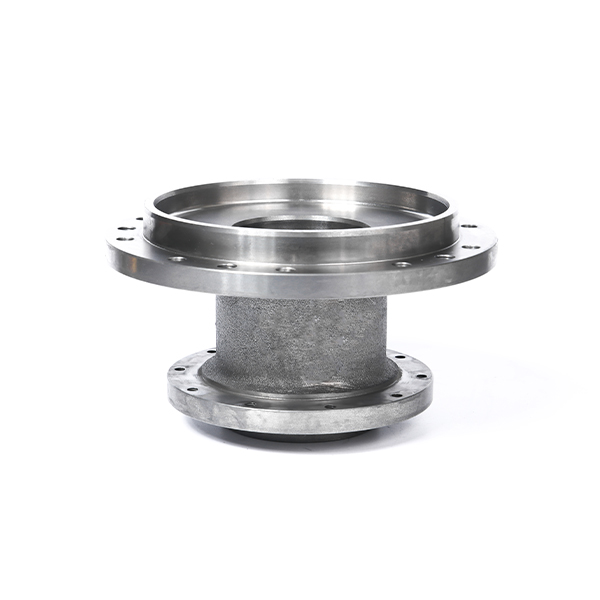Mobile:+86-311-808-126-83
Email:info@ydcastings.com
The Importance of Quality Sand in Metal Casting Processes for Enhanced Performance and Efficiency
The Importance of Metal Casting Sand in the Foundry Industry
Metal casting is a critical process in various industries, playing a vital role in manufacturing components from metals like iron, aluminum, and steel. One of the key materials used in this process is casting sand, which significantly affects the quality and efficiency of the metal casting process. This article delves into the importance of metal casting sand, its types, properties, and how it contributes to successful casting operations.
Types of Casting Sand
There are several types of casting sand used in the foundry industry, each serving different purposes and offering unique properties. The most commonly used type is silica sand, prized for its high melting point, availability, and excellent casting properties. Silica sand is often used for producing molds and cores due to its ability to withstand high temperatures without deforming.
Another type is green sand, which consists of silica sand mixed with clay and water. This mixture is known for its pliability and compressive strength, making it easy to mold. Green sand is widely used in sand casting because it provides good airflow and can capture fine details in the mold, resulting in high-quality castings.
For applications requiring precision and better surface finish, resin-bonded sand is often used. This type of sand is treated with a resin that enhances its strength and allows for more intricate designs. Although more expensive than traditional sand, resin-bonded sand produces molds with superior dimensional accuracy and surface quality.
Properties of Casting Sand
The effectiveness of casting sand is determined by several key properties. Grain shape refers to the physical shape of the sand particles, which affects the sand's packing ability and mold strength. Well-rounded grains allow for better flow and can fill the mold better, creating a smoother surface finish on the cast piece.
metal casting sand

Grain size is another critical property. Fine sands provide better surface finishes, while coarse sands offer higher strength and durability. The correct balance of grain size is essential to achieve desired casting characteristics like strength and permeability.
The bonding ability of the sand is crucial as it needs to hold the shape of the mold during the pouring of molten metal. The proper mixture of clay and moisture content in the sand ensures that it can withstand the forces applied during casting.
The Role in Casting Quality
The choice of casting sand directly influences the quality of the final product. High-quality sand minimizes defects such as casting cold shuts, blowholes, and surface imperfections. In addition, the right sand composition can improve the thermal properties of the mold, allowing for better heat distribution during the cooling of the casting.
Moreover, proper sand management — including sand reclamation and recycling — is increasingly gaining attention within the industry. Sustainable practices not only reduce waste but also lower costs associated with purchasing new sand. Advanced technologies are being developed to reclaim and reuse casting sand effectively, ensuring high performance in both new and recycled sand.
Conclusion
In conclusion, metal casting sand plays a crucial role in the foundry industry. With various types of sand available, foundries can select the most suitable one based on the requirements of their specific casting applications. The properties of casting sand, including grain shape, size, and bonding ability, directly impact the quality of castings produced. As the industry evolves, adopting sustainable practices such as sand reclamation will be vital for maintaining efficiency and environmental responsibility. Understanding the significance of casting sand will ensure that foundries continue to produce high-quality metal components that meet the demanding standards of modern manufacturing.
-
Why Is Choosing the Right Motor Housing Critical for Engine Performance?NewsJul.18,2025
-
Which Impeller Types Best Optimize Your Pump’s Efficiency?NewsJul.18,2025
-
Optimize Maintenance Efficiency with Durable Oil Catch SolutionsNewsJul.18,2025
-
Maximize Pump Performance with Precision-Engineered ComponentsNewsJul.18,2025
-
Elevate Industrial Flow Systems with Precision-Engineered ComponentsNewsJul.18,2025
-
Boost Durability and Functionality with Precision Power CastingsNewsJul.18,2025











